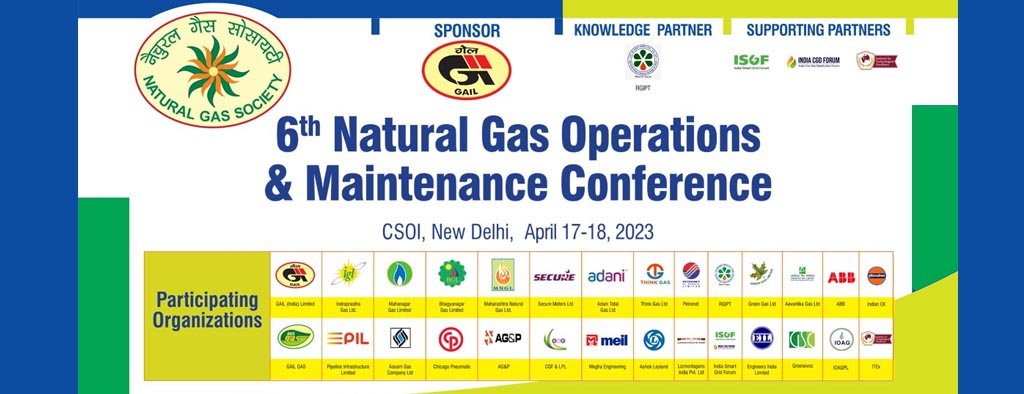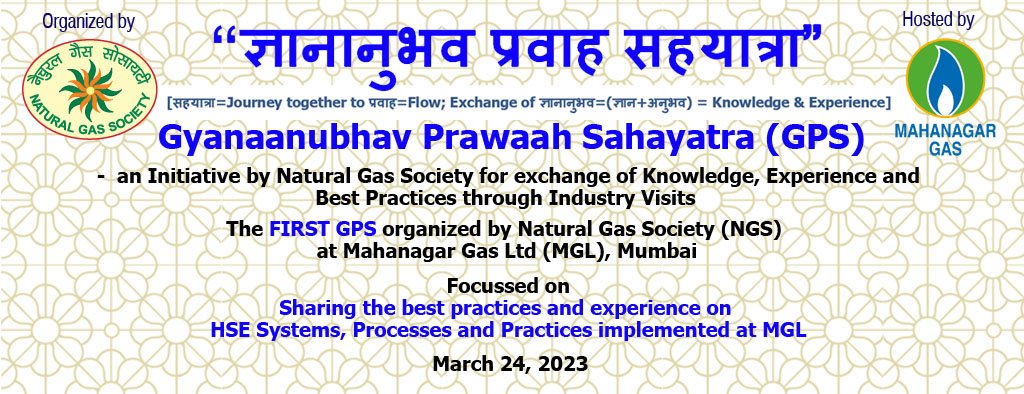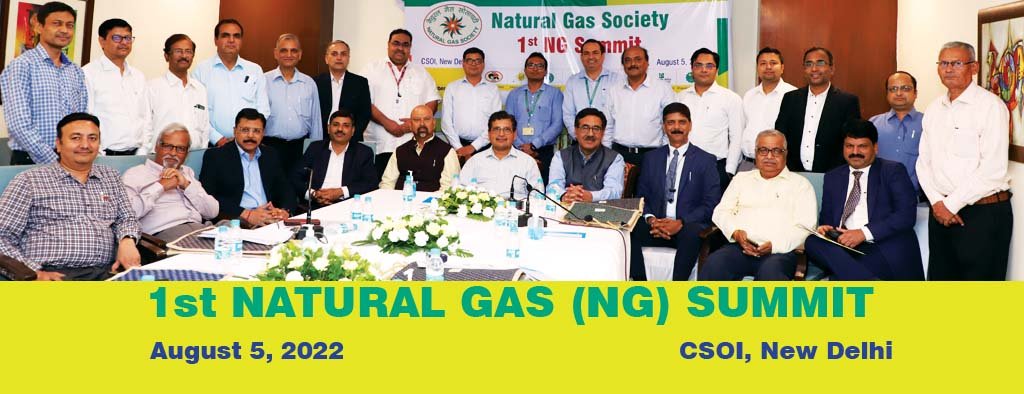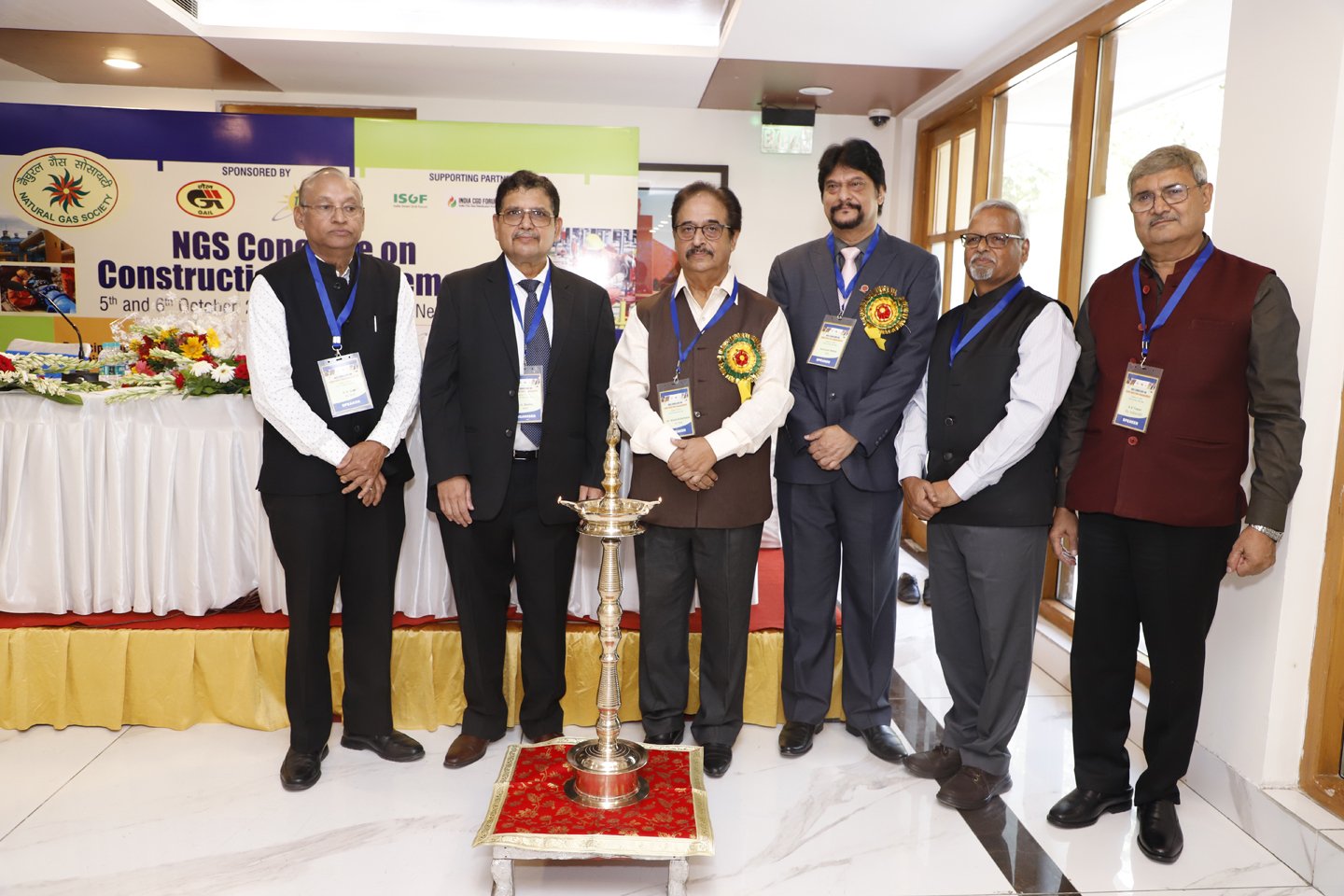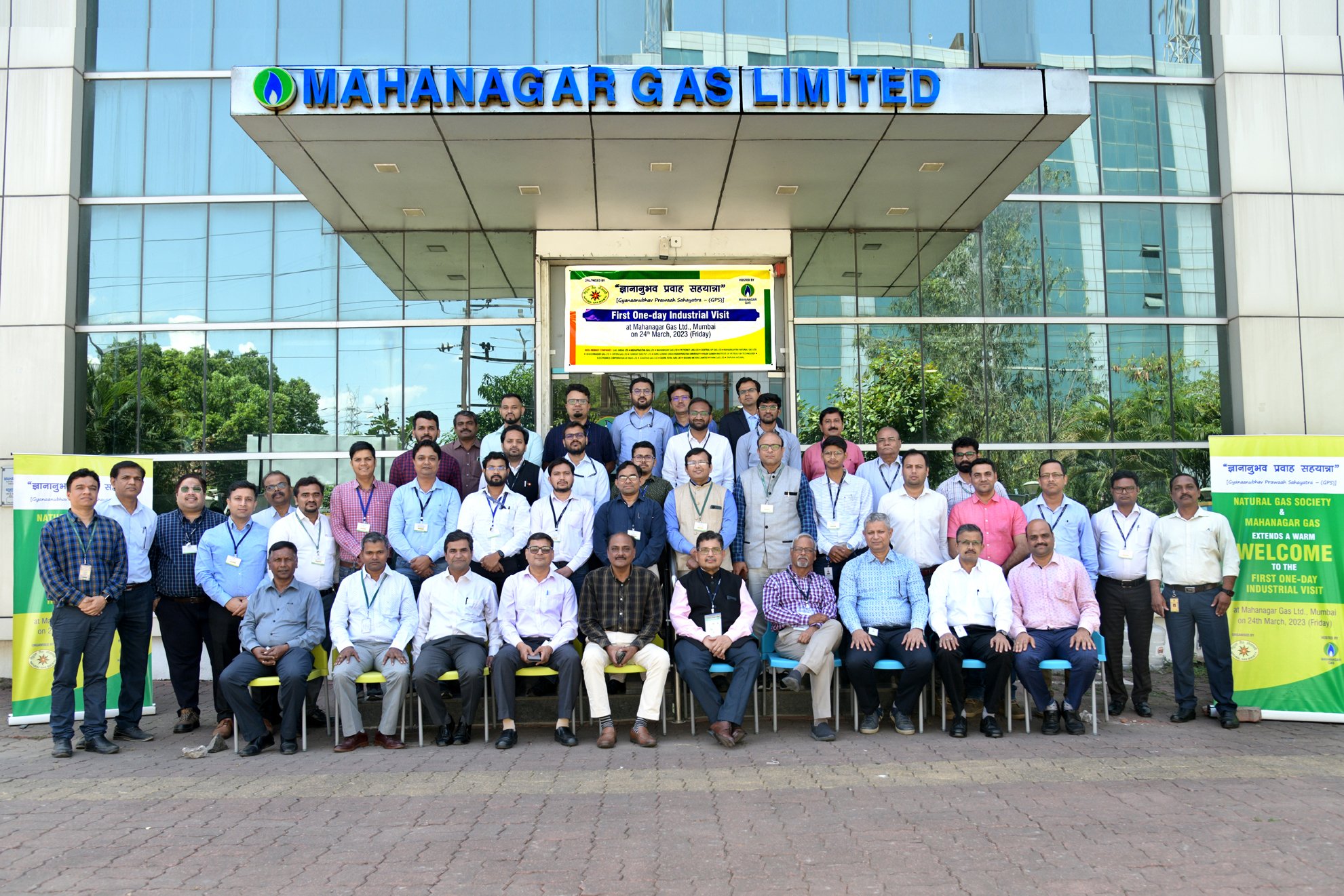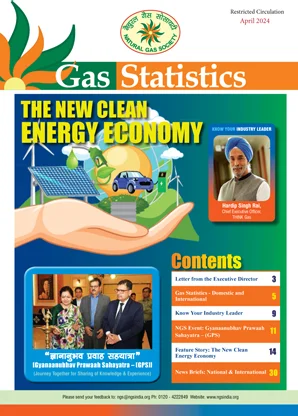
GAS STATISTICS REVIEW Apr 2024) (**)
ANNUAL SNAPSHOT
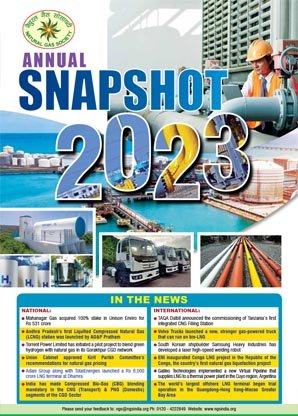 Annual Snapshot 2023 || DIGITAL
Annual Snapshot 2023 || DIGITAL
UPCOMING EVENTS
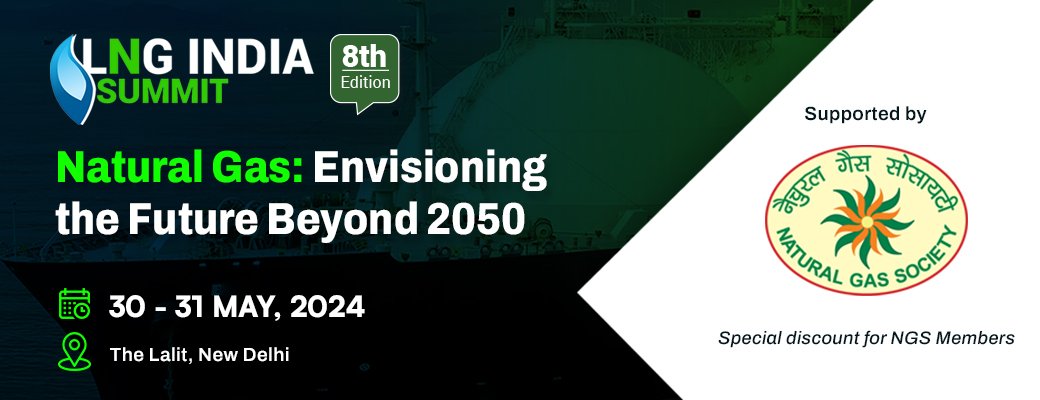

FUTURE ENERGY ASIA 2024
Powering a resilient and low carbon energy future
15 – 17 MAY 2024, Queen Sirikit National, Convention Center, Bangkok, Thailand
READ MORE
PAST EVENTS
Why every car owner should consider CNG conversion
In light of the recent increase in petrol prices, switching to compressed natural gas cannot only help car owners save money but also contribute to a more sustainable environment. This...
GAIL reduces CNG price by Rs 2.50 per kg in the country
The company said that the move aims to make CNG a more attractive option for consumers, encouraging the adoption of clean fuels and promoting sustainable transportation practices. NEW DELHI: Following...
GAIL organised CBG Workshop for stakeholders under aegis of MoPNG
Chandigarh: Under the aegis of Ministry of Petroleum and Natural Gas, GAIL (India) Limited organized a CBG Workshop here which was attended by bank officers, LOI holders, Compressed Bio Gas (CBG) producers,...
Indicative Prices of crude oil, Brent, and Natural gas
Data source – https://tradingeconomics.
Top News From Gas Industry * * *

NATIONAL NEWS
LNG import volume up 17.5% in FY24 as consumption rises
While the fertilizer sector contributed to 32% of the total...
Indian Biogas Association joins hands with HAI to promote hydrogen
Indian Biogas Association (IBA) has partnered with Hydrogen Association of...
LNG import volume up 17.5% in FY24 as consumption rises
India’s import of liquefied natural gas (LNG) rose in volume...
INTERNATIONAL NEWS
FG To Launch CNG Initiative Before May 29
The Nigerian Government has announced the launch of the Compressed...
Morocco considers three regasification units
In addition to the announced regasification units in Nador port,...
Philippines nears comprehensive energy security with landmark LNG collaboration
The long-awaited aspiration of President Marcos, shared by the entire...










